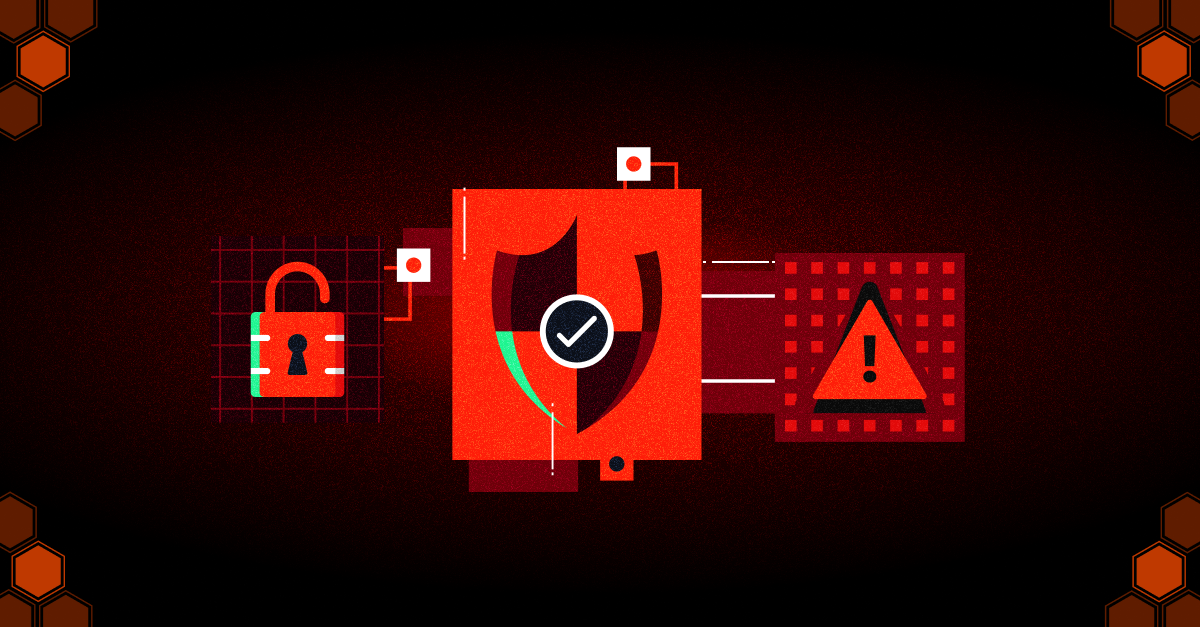Sam Panicker
Technical GRC Specialist at Threat Intelligence, IRAP Assessor, ISO 27001 Lead Implementer, Certified Information Systems Security Professional (CISP), ISACA Certified in Risk and Information Systems Control (CRISC).
Threat Intelligence • April 19, 2024


Sam Panicker
Technical GRC Specialist at Threat Intelligence, IRAP Assessor, ISO 27001 Lead Implementer, Certified Information Systems Security Professional (CISP), ISACA Certified in Risk and Information Systems Control (CRISC).
Much like the stringent standards of PCI DSS for safeguarding credit card information or the rigorous assessment of IRAP for engaging in government contracts, the defense industry has its own imperative framework: the Defense Industry Security Program (DISP). In the realm of defense procurement and collaboration, adherence to DISP isn't just a preference—it's a prerequisite. This pivotal framework sets the stage for organizations aspiring to participate in defense contracts, ensuring they meet stringent security protocols and garner the trust of governmental entities. In this blog post, we're exploring on an exploration of DISP, unraveling its significance, objectives, and the indispensable role it plays in navigating the complex landscape of defense industry operations. We interviewed Sam Panicker, Technical GRC Specialist at Threat Intelligence, for expert insights.
The Defense Industry Security Program (DISP) is a security program designed to ensure the safeguarding of Defense classified material within the Defense Industry. Its principles and foundations are crucial for maintaining national security.
DISP consists of a framework for security that is based upon a set of security policies and plans. To enable companies to participate in Defense classified projects, DISP provides a means for non-government companies to obtain a security clearance for the purposes of safeguarding Defense classified information. This is achieved through a process of security accreditation for companies.
Eligibility for DISP requires that a company demonstrates its suitability to have access to sensitive and security classified information and material, and to provide security services, through a proven record of reliability, compliance with Australian Government security requirements and a clear commitment to long-term involvement in the Defense industry.
To take part in DISP, an organisation must meet at least the following requirements:
- Be a company incorporated under Australian law.
- Possess an Australian Business Number (ABN).
- Have someone responsible to obtain a Defense security clearance.
- Demonstrate that it is financially viable.
For a detailed view of the eligibility criteria visit the official DISP website here.
The primary objective of DISP is to safeguard defense-related technology or knowledge from misuse or compromise. DISP aims to assist individuals in the industry in adhering to strict security regulations, enabling them to handle highly classified defense tenders and contracts with confidence. Additionally, DISP facilitates connections between industry professionals and security experts, providing access to support services for managing challenging security issues effectively. Essentially, DISP functions to ensure that all members of the program are well-informed and knowledgeable about security practices, ultimately providing the government with reassurance regarding the security measures implemented by DISP members.
Our team has gathered practical strategies to enhance your application and simplify the compliance process, with support from Sam's extensive expertise and extensive knowledge of regulatory standards. These recommendations are designed to help your organization effectively demonstrate a dedication to security and meet the requirements for DISP membership with utmost confidence.
To stay up to date with departmental developments and establish valuable connections, it is recommended to actively participate in the guidance, workshops, and events provided by the Defense Department. This proactive approach allows you to connect with other companies who are either DISP members or going through the application process.
When it comes to DISP memberships, seeking external assistance and delegating certain tasks to professionals is advisable. Managed security providers, for instance, possess better capabilities for handling security risk assessments and essential 8 mitigation strategies, bringing an impartial perspective to the table.
Having a well-defined Information Security Management System (ISMS) policy is crucial. It ensures that each stakeholder understands their roles and responsibilities, while promoting consistent adherence to correct processes.
Your organization should prioritize security and make it a central aspect of your operations. When introducing new initiatives or making changes, security considerations should always take precedence. Moreover, it is crucial to showcase your cyberawareness to DISP members. As emphasized by Sam, "You should live and breathe security."
With a focus on addressing DISP's Essential 8 requirements, we're equipped to assist your company in crucial areas, ensuring robust security measures are established. Here's how we can support you:
This involves implementing stringent measures to regulate the execution of software within your organization's systems. This ensures that only approved software is installed on your systems and also prevents malicious code from executing.
Timely application of software patches is crucial for addressing known vulnerabilities and reducing the risk of exploitation by cyber threats. This process involves regularly updating your software to ensure that any security flaws are promptly addressed and your systems remain protected.
Managing administrative privileges involves limiting access to sensitive system functions and data to only those individuals who require them to perform their duties. By restricting administrative privileges, you can mitigate the risk of insider threats and unauthorized system modifications, enhancing overall security.
Keeping your operating systems and firmware up to date with the latest patches is essential for maintaining a secure computing environment. This process involves regularly applying security updates provided by software vendors to address known vulnerabilities and strengthen your system's defenses against cyber threats.
Ready to strengthen your cybersecurity posture and protect your business from potential threats?
Schedule a consultation with us today
and take the first step towards comprehensive security. Our tailored approach to gap analysis includes threat modeling, configuration review, penetration testing, and compliance-based reviews and much more. Gain invaluable insights into your security gaps and empower your organization to proactively mitigate risks.
Related Content